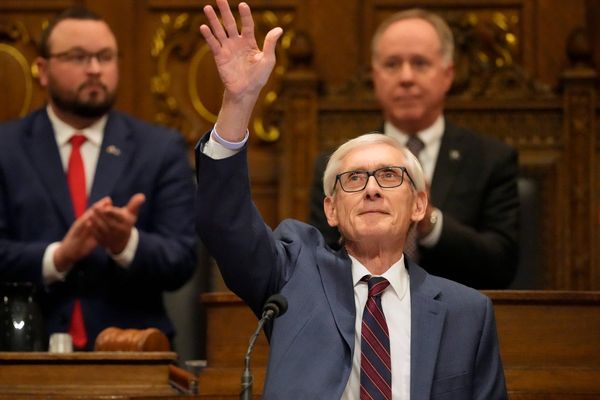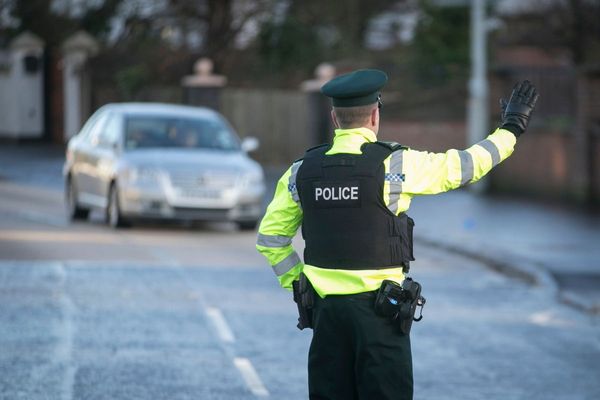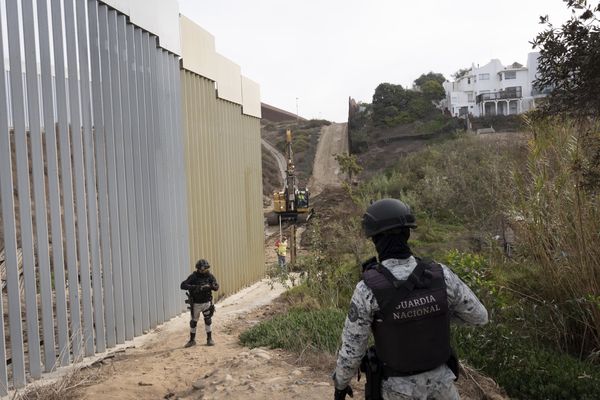
The treasurer has written to Australia's consumer watchdog to express his concerns about the impact spiking electricity and gas prices are having on households and businesses.
Jim Chalmers asked the Australian Competition and Consumer Commission to advise the government on any regulatory changes required to ensure the market functions properly.
"While there are a number of factors driving these price increases, the ACCC plays a critical role in monitoring and reporting on developments in the electricity and gas markets," he said in a statement on Monday.
"It will be important for the ACCC to ensure that the factors influencing prices in these markets are made fully transparent."
Dr Chalmers also called on the ACCC to investigate anti-competitive or false and misleading conduct from energy companies.
Deputy Liberal leader Sussan Ley said "writing letters" was a classic Labor response to issues.
"They don't understand the realities of the energy market and don't care about the cost of living," she told the ABC.
Meanwhile, Opposition Leader Peter Dutton says nuclear power should be part of the energy debate as Australia seeks to cut emissions and power prices.
Mr Dutton revealed his leadership team on Sunday, which included nuclear power supporter Ted O'Brien as his energy spokesman.
"I'm not afraid to have a discussion on nuclear if we want to have legitimate emission reductions," Mr Dutton told ABC radio.
"I don't think we should be afraid to talk about any technology that's going to have the ability to reduce emissions and electricity prices.
"That's something we can consider in time. I don't think we should rule things out simply because it's unfashionable to talk about them."
The Albanese government is weighing up short and long-term measures to take pressure off gas prices.
As part of this, Energy Minister Chris Bowen will meet with his state and territory counterparts on Wednesday to discuss solutions.
Cabinet colleague Tony Burke said the government won't rule anything out in addressing the nation's energy crisis amid a perfect storm of factors impacting prices and supply.
"It's been a decade of no energy policy (under the former government) that has effectively led us to a situation where we've ended up with this perfect storm," he said.
"Some of the issues are international, but our capacity to be able to deal with those international issues is very much domestic."
Mr Burke said while Labor had supported relief payments handed down in the last budget, the government was "not putting anything more on the table at the moment".
Former energy minister Angus Taylor, who is the new shadow treasurer, said the key was working with the big gas producers and not demonising them as some Labor candidates had done at the election.
The former government's so-called toolkit - including the threat of using the Australian Domestic Gas Security Mechanism or gas trigger - had been successfully used to bring gas companies to the table to reduce prices, Mr Taylor said.
"The (mechanism) was put in place as a means of ensuring that the government can work with those gas companies to get prices down and that is exactly what happened."
Mr Bowen has argued the gas trigger, which allows for exports to be diverted to domestic supply, is a complex process which would not deliver any price relief until January if it was enacted now.







